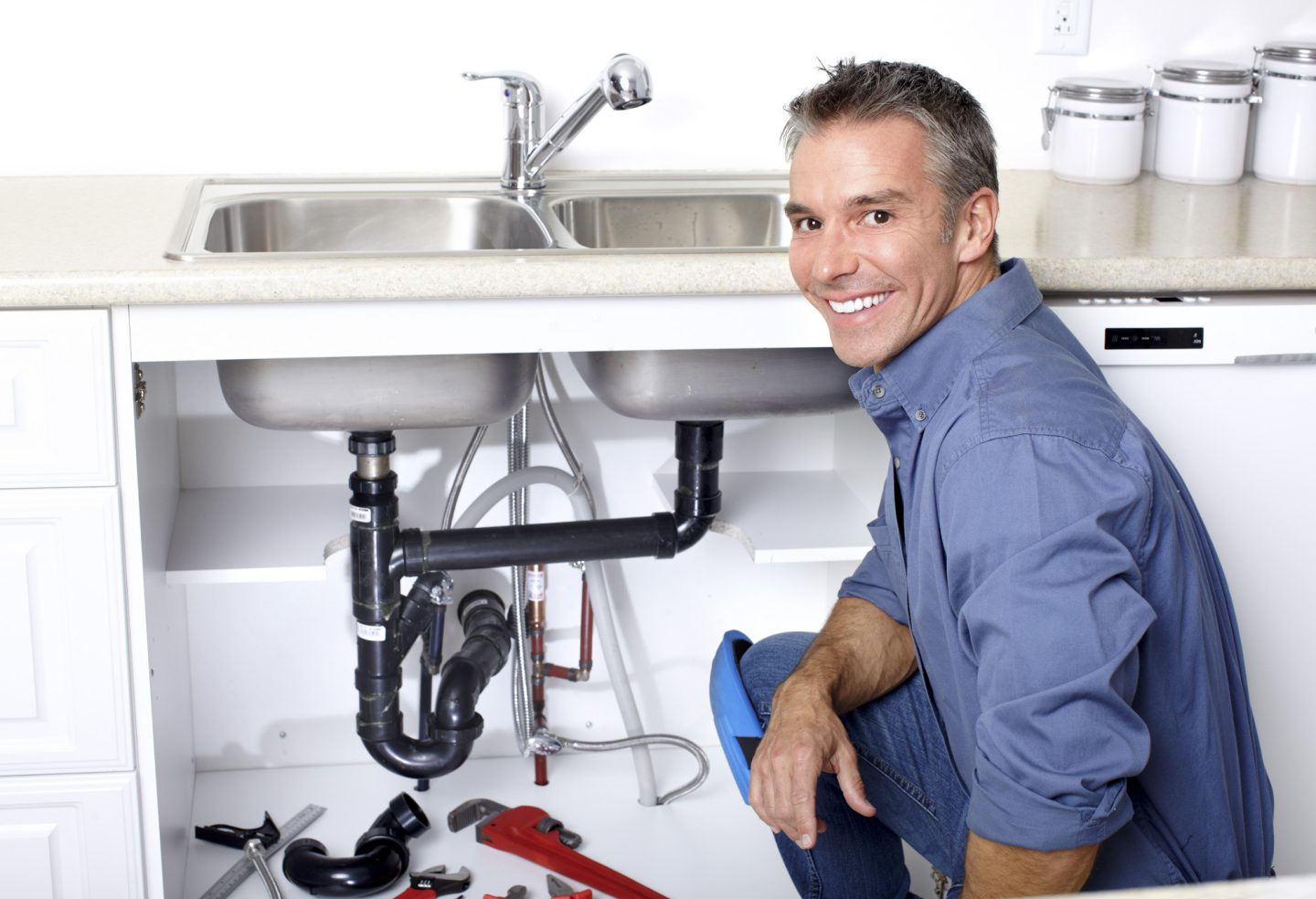
There’s nothing quite as off-putting as walking into your kitchen or bathroom and catching a whiff of something foul—especially when it’s coming from your drain. Drain odors can make your home feel unclean and uncomfortable, even when everything appears spotless on the surface. Whether it’s a faint sewage smell or a strong, musty odor, these smells often signal a deeper plumbing issue.
Fortunately, most drain odors are preventable with proper maintenance, awareness of causes, and professional help when needed. In this guide, we’ll explore common causes of smelly drains, steps you can take to prevent them, and when it’s time to call in the experts.
What Causes Drain Odors?
Drain odors can stem from several plumbing issues. Here are the most common culprits:
1. Dry P-Traps
A P-trap is the curved section of pipe beneath your sink. It holds a small amount of water that blocks sewer gases from backing up into your home. If the trap dries out (usually in infrequently used drains), odors can easily rise through the pipes.
2. Biofilm Buildup
Over time, food debris, soap scum, and hair can build up on the inside of your pipes. This organic matter creates a layer of gunk known as biofilm, which emits unpleasant smells as it breaks down.
3. Sewer Line Problems
If the odor is persistent across multiple drains, your issue might lie deeper in the system—like a cracked sewer pipe or a blockage in the main sewer line.
4. Bacteria and Mold
Warm, moist environments in drains can encourage mold and bacteria growth. These microorganisms not only cause odors but may also contribute to health issues if left untreated.
5. Clogged or Dirty Vents
Your plumbing vent system helps regulate air pressure and direct sewer gases safely out of your home. If this system becomes blocked, those gases may be forced back into your house through your drains.
DIY Prevention Tips for Drain Odors
1. Run Water in Unused Drains
To keep your P-traps from drying out, run water down any unused sinks, showers, or tubs at least once a week. This simple step can go a long way in preventing foul smells.
2. Clean Drains Monthly
Pour a mixture of baking soda and vinegar down your drains, followed by hot water. This can help break up grime and reduce the development of biofilm. Avoid chemical drain cleaners, as they may damage pipes over time.
3. Use Drain Strainers
Strainers catch food particles, hair, and other debris before they can enter your pipes and cause buildup. They’re inexpensive and make a big difference in drain cleanliness.
4. Maintain Your Garbage Disposal
If your kitchen sink has a garbage disposal, it can become a breeding ground for smells. Clean it regularly with ice cubes, lemon peels, or baking soda. For more disposal care tips, check out this kitchen sink maintenance guide.
5. Flush with Hot Water
After each use, pour hot water down the drain to move grease and soap residue along the pipes and reduce the risk of buildup.
When DIY Isn’t Enough
Some smells simply won’t go away no matter how much baking soda and vinegar you use. That’s because the issue may be beyond your reach—or require tools only professionals have. For example, if tree roots have invaded your sewer line or your plumbing vents are clogged on the roof, it’s not something a plunger or home remedy can fix. Ignoring the smell could lead to water damage or health hazards in these cases.
Professional plumbers use video inspection tools to pinpoint blockages or broken pipes and can safely clean, repair, or replace components before they become bigger problems. For example, hydrojetting is a powerful service that blasts away years of buildup and residue.
Long-Term Drain Odor Prevention
Consider establishing a preventative maintenance schedule for ongoing freshness and function. Regular professional drain cleaning can catch small problems before they become disasters. A plumber can also inspect your entire plumbing system—including vent stacks, sewer lines, and trap seals—to ensure everything is operating properly.
Another excellent strategy is to install water softeners or filtration systems to minimize mineral buildup. Minerals can contribute to residue inside your pipes, feeding biofilm and worsening odors. If you’re not sure whether your water has high mineral content, this article from the EPA covers general water quality concerns that may apply.
Brock Plumbing – Drain Cleaning and Odor Prevention Services in Antelope Valley
Drain odors are more than just a nuisance-they can be a symptom of deeper issues within your plumbing system. With the right preventative steps and the support of a skilled plumbing team, you can keep your drains fresh and your home odor-free. At Brock Plumbing, we provide professional drain cleaning, sewer inspections, and odor prevention services tailored to the needs of Antelope Valley homeowners. Whether it’s a lingering smell or a full system assessment, we’re here to help you breathe easier.

